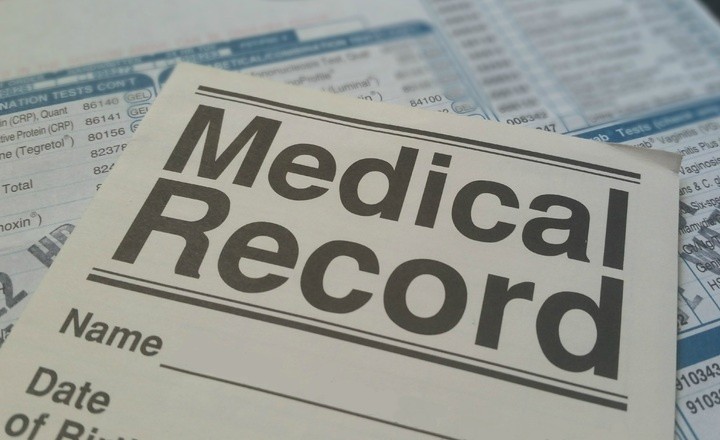HIV Vaccine Could be Available in 2021, Scientists Say

The world celebrated World Aids Day on Sunday with the theme "Communities Makes the Difference". As millions of people gathered in the different parts of the world to spread awareness, HIV-AIDS victims are still hoping to have a cure in their disease. They are looking forward that an HIV vaccine will be discovered to end the struggles they face every day.
In an article published in Mail Online, scientists believed that an HIV vaccine could be available in 2021 to end the combat HIV-AIDS. Three vaccines are now close to the final stage of testing and scientists are very hopeful and optimistic that this would pass the last stage.
According to Imbokodo and Mosaico that a vaccine known as HVTN 702 will be available as early as next year. Once this vaccine is available in the market, it will help lots of people who have HIV-AIDS because once they have the vaccine it makes the viral load undetectable and they can have sex without transmitting the disease. However, the said vaccine is not yet available in the market that will supposedly help approximately 37 million who have HIV.
Director of the Bridge HIV research program at the San Francisco Department of Public Health and Chair of the two trials Dr. Susan Buchbinder said that the last stage the three vaccines will be entering is the most optimistic moments they have been since the start of their research to end this virus. She even said, "Even a partially effective vaccine would be a tremendous breakthrough and would have the power to change the trajectory of the epidemic."
The World Health Organization has seen the decline of several HIV-AIDS cases from 2000 to 2010 and has slowly increased in recent years. One of the factors seen why there is an increase of HIV-AIDS in the world is because of the increase or changes in population and HIV treatment could not reach those who can afford to have it.
In a separate statement given by Dr. Buchbinder she said "We have three vaccines currently being tested in efficacy trials, and it takes quite a bit to actually be promising enough in the earlier stages of trials to move you forward into an efficacy study," Once the HIV vaccines pass the efficacy stage, this would hopefully end the epidemic problem of the society most especially those who are carrying the virus.
HVTN 202, the oldest ongoing vaccine trial, was launched in 2016 in South Africa. The vaccine is based on its prior HIV vaccine which is the RV144 that helps to lower the rate of HIV infections of the carrier about 30 percent. However, RV144 remains to be the only HIV vaccine that demonstrates efficacy against the virus and the scientists want to make it stronger.
In 2017, a second trial was made by the Imbokodo in five Southern African nations and 2,600 women have been involved in the study. According to the National Institutes of Health that the Imbokodo used mosaic immunogens which is design to induce immune responses against a wide variety of global HIV strains.
The third trial of the Mosaico will need 3,800 gay and transgender in the U.S., Latin America, and Europe. HIV experts say that an HIV vaccine must be 50 percent effective to end the war against the virus.
Subscribe to Latin Post!
Sign up for our free newsletter for the Latest coverage!
















